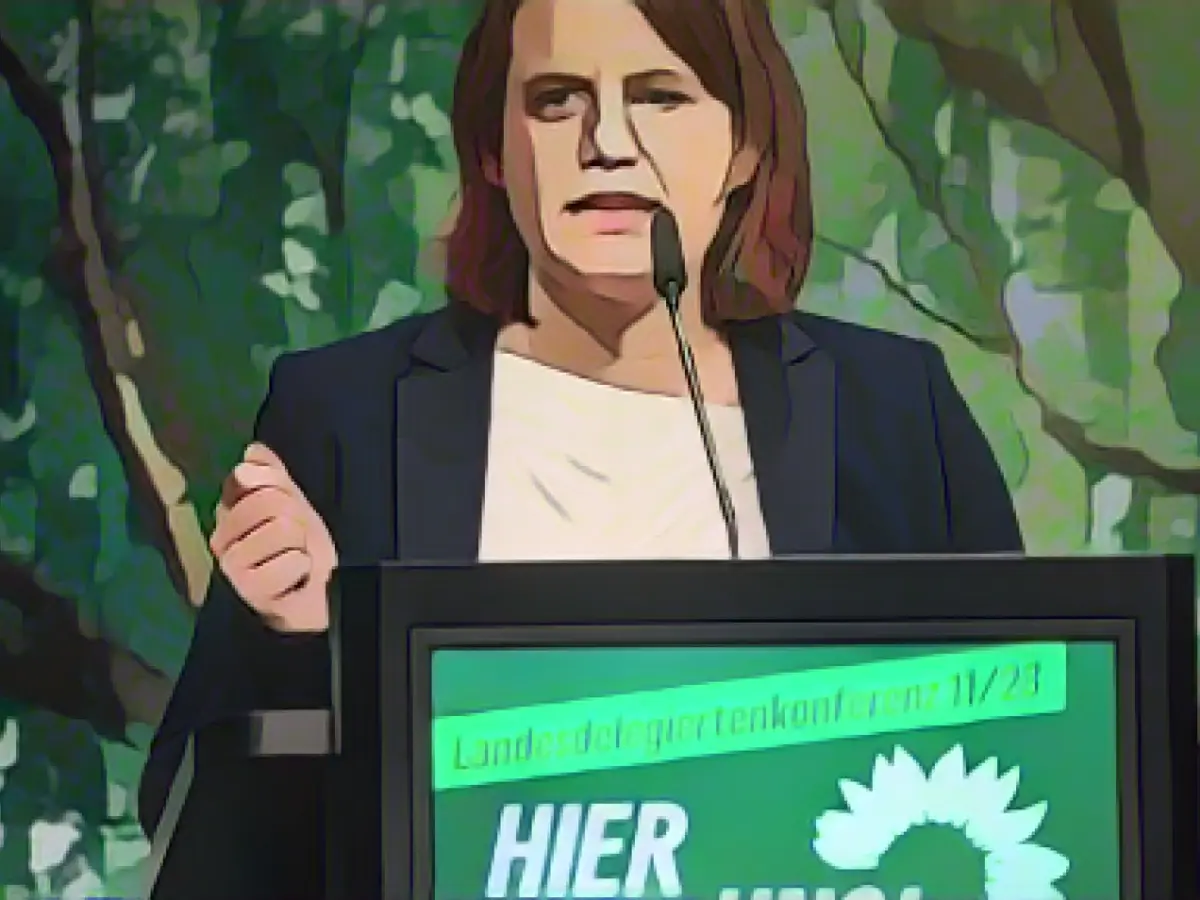Education - Minister Hamburg: Pisa results are worrying
The poor performance of German pupils in the Pisa study must have consequences, according to Lower Saxony's Minister of Education Julia Willie Hamburg. The results are worrying, said the Green politician on Tuesday. An increasingly disparate student body poses challenges for schools. Germany has not yet succeeded in breaking the link between social background and educational success. The effects of the coronavirus pandemic are also evident. However, the federal states have taken measures to counteract this.
The federal and state governments' Startchancen program for disadvantaged schools is now more necessary than ever, said Hamburg. "It absolutely has to start in the coming school year," she said.
"In Lower Saxony, we will also implement a social index next year in order to provide targeted support for schools with special needs," Hamburg announced. In addition, the number of lessons at elementary school will be increased from the 2024/25 school year in order to strengthen basic skills.
CDU education politician Christian Fühner called for structural problems to be tackled. "This means finally getting enough teachers into the schools to teach our children," said Fühner. Language support for pupils with a migration background must also be expanded. The Secretary General of the FDP, which is not represented in the state parliament, Imke Haake, was even quoted as saying: "The dumbing down of the people is on the rise." Her party, on the other hand, stands by the idea of achievement and school grades.
The state poverty conference criticized a socio-political disaster. More than in other countries, performance in Germany depended on the level of education and the parents' wallets.
German pupils performed worse than ever before in the international Pisa performance study in 2022. Both in reading and in mathematics and science, these are the lowest values ever measured for Germany in the Pisa study.
Across Germany, 257 schools took part in the Pisa study, 26 of them in Lower Saxony. Results at state level are not available.
Read also:
- Will he be convicted as Jutta's murderer after 37 years?
- He also wanted to kill his cousin
- With live stream! Gawkers film dying man
- Is Saarland threatened with economic collapse?
- Julia Willie, the Green Minister of Education in Hamburg, expressed concern over Germany's poor performance in the recent PISA study, which was echoed by her counterpart in Lower Saxony.
- According to the PISA study results, Germany's pupils in Lower Saxony, as well as across the country, are struggling with disparities in educational success, particularly linked to social background and financial status.
- In response to the Pisa shock, Hamburg announced plans to implement a social index in Lower Saxony schools in the upcoming year, providing targeted support to schools with special needs.
- The Startchancen program, aimed at disadvantaged schools, is seen as increasingly crucial by both federal and state governments to counteract the effects of the Coronavirus pandemic on education.
- Christian Fühner, a CDU education politician, suggested addressing structural problems by ensuring enough teachers are available to teach children and improving language support for pupils with migration backgrounds.
- Julia Willie also announced that the number of lessons at elementary school will be increased from the 2024/25 school year in Hanover, aiming to strengthen the basic skills of students across Germany.
Source: www.stern.de








